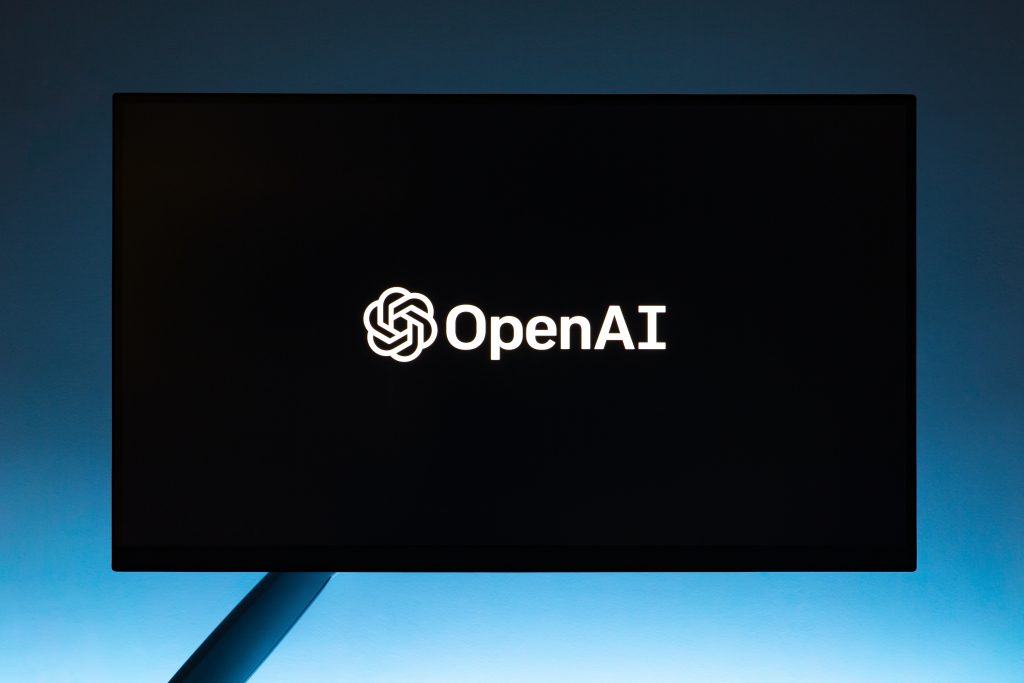The world of artificial intelligence has been abuzz recently with the enigmatic departure and subsequent return of Sam Altman as CEO of OpenAI, the cutting-edge AI research lab. Despite his reinstatement, the reasons for his initial ousting by the board remain shrouded in ambiguity, sparking speculation and rumors across the tech community.
Initially, several theories circulated attempting to explain the board’s decision. One such suspicion was that the board harbored concerns over Altman’s approach to the existential risks of AI, questioning whether he was taking the potential for AI to harm humanity seriously enough. Another conjecture pointed towards a potential conflict of interest, as a board member who serves as CEO of Quora might have perceived the latest updates to ChatGPT as a competitive threat to his own AI endeavors.
The mystery deepened when key figures such as Microsoft CEO Satya Nadella and would-be replacement CEO Emmett Shear disclosed their lack of insight into the board’s rationale. Nadella, whose company has been closely involved with OpenAI through significant investments and collaboration, expressed his own gaps in understanding the situation.

This week, The Wall Street Journal offered a report that shed light on the matter, suggesting the reasons for Altman’s dismissal might have been more nebulous than previously thought. It posits that it wasn’t a single incident but a “consistent, slow erosion of trust over time” that led to the board’s decision. Moreover, Altman’s engagement in multiple outside AI-related ventures raised concerns for the board regarding the proper utilization of OpenAI’s technology and intellectual property.
What seems to sum up the board’s position is the unsatisfactory yet telling description of having developed a sense of discomfort with Altman’s leadership, which the WSJ described as simply getting “the ick” — an informal way of expressing an intangible sense of unease or dissatisfaction.
Despite the board’s nondisclosure of specific incidents, they conveyed that Altman was not sufficiently candid and had a tendency to dominate decision-making processes. Ultimately, however, the outcome is striking: Altman has managed to reclaim his CEO position at OpenAI. This development may leave more questions than answers, but it also signals an opportunity for a reset in leadership dynamics and strategic focus for the organization.
As to the specifics of what led to this leadership rollercoaster, they may well remain a mystery with neither the board nor the executives at OpenAI providing concrete details. Nevertheless, this event underscores the complex and often opaque nature of decision-making within influential tech organizations.
For those closely watching the evolution of AI and the entities that shape its future, OpenAI—and Altman’s leadership of it—remain critical focal points. The incident serves as a reminder that while the promise of AI is grounded in transparent algorithms and data, the human side of the industry can be anything but clear-cut. As OpenAI continues to pioneer advancements in AI, the tech community will undoubtedly keep a watchful eye on the developments within its walls.
For readers interested in further context, you can read more about ChatGPT’s latest updates and Microsoft’s engagement with OpenAI. Additionally, those looking to understand the gravity of AI’s potential risks might explore resources detailing existential risks posed by artificial intelligence.



